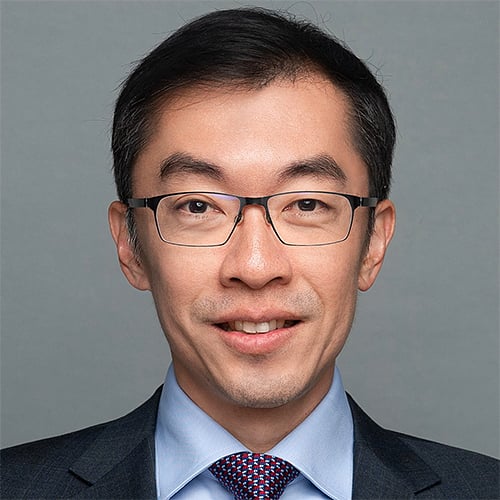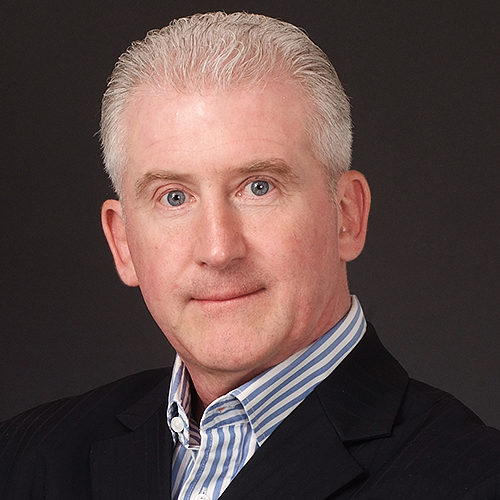Even as China and the European Union have found common cause in opposing US President Donald Trump's aggressive position on trade, tensions remain between China and the EU on market access
European Council President Donald Tusk and European Commission President Jean-Claude Juncker represented the EU at the 20th EU-China summit, hosted by Chinese President Xi Jinping and Premier Li Keqiang on 16 July.
At a press conference Chinese Premier Li Keqiang commented that China and the EU had agreed to take steps to safeguard free trade, but that China would look after its own relationship with the United States. He insisted that the summit was „not directed at any third country", though many analysts say that behind the scenes China has been seeking allies to oppose the policies of President Trump.
According to the European Council, there is mutual engagement for the modernisation of the World Trade Organisation. And a Council statement said that Europe-Asia connectivity and China's Belt and Road initiative were also on the agenda.
Analysts note that while the EU tries to forge a relationship between Brussels and Beijing, the Chinese side still often prefers bilateral deals with individual EU countries.
The Association of German Chambers of Commerce and Industry (DIHK) and other trade associations have been critical of restricted access to the Chinese market for German companies. But though frequently the subject of strong criticism from Germany, German industry is still expanding its ties with China, and wants to keep the relationship friendly
During a recent visit to Berlin by Premier Li Keqiang, Chinese and German companies signed deals worth over US$20 billion. Siemens and State Power Investment Corporation (SPIC) signed a Memorandum of Understanding signed to target cooperation on the development of a new generation of heavy duty gas turbines
Qian Zhimin, Chairman of SPIC, and Joe Kaeser, President and CEO of Siemens AG, signed the MoU in Berlin on 8 July in the presence of Premier Li and German Chancellor Angela Merkel.
Under the MoU, Siemens intends to support SPIC to conduct research and development for heavy duty gas turbines and provide training and technical consultation for SPIC. This cooperation leverages Siemens technological leadership in support of China's goal to independently develop and build its own heavy duty gas turbines. The signing will be followed by a technology cooperation agreement in the near future.
"SPIC is actively developing and implementing the China Heavy Duty Gas Turbine program", said SPIC chairman Qian Zhimin. "The collaboration with Siemens and other multinational gas turbine companies will accelerate the progress of the program. Both Siemens and SPIC have complementary strengths in the energy sector, and will have more space to cooperate in more business areas in the future."
"The technology cooperation with SPIC is another important milestone in the long-term relationship of Siemens with China," added Joe Kaeser, President and CEO of Siemens AG. "While Siemens provides leading technology to China, SPIC will bring its vast experience in the Chinese market.
China is one of the world's most important markets for large gas turbines and is intensifying its investment in large gas turbine technology.
Berlin and Munich based Siemens AG focuses on the areas of electrification, automation and digitalization. The company is a leading supplier of power generation and power transmission solutions. With its publicly listed subsidiary Siemens Healthineers AG, the company is also a leading provider of medical imaging equipment – such as computed tomography and magnetic resonance imaging systems.
During Premier Li's visit Siemens also signed an MoU with Alibaba Cloud, the cloud computing arm of Alibaba Group to foster the industrial Internet of Things (IoT) in China. The two companies said they will leverage each other's technology and industry resources to build a unique IoT solution to support Industrie 4.0, China's manufacturing upgrade and transformation and other industrial Internet initiatives.
In addition, BASF announced that it is investigating the possibility of building a highly-integrated "Verbund" chemical production site in Guangdong Province.
Martin Brudermüller, BASF's Chairman of the Board of Executive Directors, and Lin Shaochun, Executive Vice Governor of Guangdong Province, signed a non-binding Memorandum of Understanding in the presence of Chancellor Merkel and Premier Li.
The Verbund site in Guangdong would be BASF's largest investment and would be operated under the sole responsibility of BASF. China – with a world market share of around 40% – is the largest chemical market, and dominates the growth of the global chemical production. The investment is estimated to reach up to US$10 billion by completion of the project around 2030. The first plants could be completed by 2026 at the latest.
In the initial phase, the BASF project would include petrochemical plants – the heart of the well-established Verbund system. A steam cracker with a planned capacity of 1 million metric tons of ethylene per year would be the starting point of the value chains at the new integrated site. In the next phases, plants for more consumer-oriented products and solutions would be built, to serve sectors like transportation or consumer goods. The site would ultimately be the third-largest BASF site worldwide, following Ludwigshafen, Germany, and Antwerp, Belgium.
At the new site, BASF intends to implement a comprehensive smart manufacturing concept based on cutting-edge technologies. In the future, customers based in South China would be supplied from this high-tech Verbund site.
Globally, BASF currently operates six Verbund sites: two in Europe (Ludwigshafen, Germany; Antwerp, Belgium), two in North America (Freeport, Texas, USA; Geismar, Louisiana, USA) and two in Asia. The Verbund site in Nanjing, China, established in 2000, is a 50:50 joint venture with Sinopec, while the Verbund site in Kuantan, Malaysia, established in 1997, is a 60:40 joint venture with Petronas.









